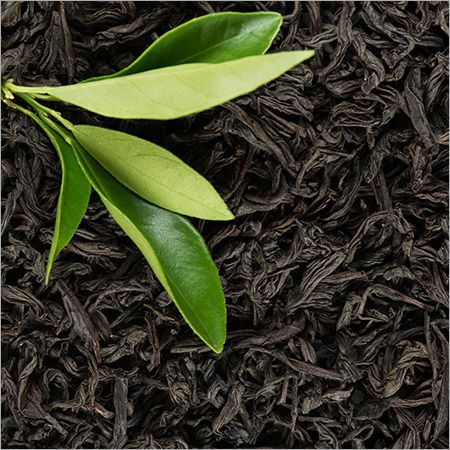Green tea and black coffee are two popular beverages that offer distinct profiles in terms of caffeine content. Here's a comparison:

1. Caffeine Content: Green Tea: Generally, green tea contains less caffeine than black coffee. An average cup of green tea has around 25-35 milligrams of caffeine. Black Coffee: Black coffee tends to have a higher caffeine content. An 8-ounce cup may contain anywhere from 80 to 100 milligrams of caffeine.
2. Release of Caffeine: Green Tea: The caffeine in green tea is released gradually, providing a milder and more sustained energy boost without the jitters often associated with high caffeine intake. Black Coffee: The caffeine in black coffee is released quickly, offering a more immediate and intense burst of energy.
3. Antioxidants: Green Tea: Abundant in antioxidants, green tea is known for its potential health benefits, including improved heart health, reduced inflammation, and enhanced metabolism. Black Coffee: While black coffee also contains antioxidants, green tea generally has a more diverse range of beneficial compounds.
4. Flavor Profile: Green Tea: Green tea has a lighter and more nuanced flavor profile. It can have grassy, floral, or vegetal notes, depending on the variety. Black Coffee: Black coffee has a bolder, robust flavor. It can range from nutty to fruity, and its taste is influenced by factors like the coffee bean origin and roast level. 5. Acidity: Green Tea: Green tea is typically less acidic than black coffee, making it a gentler option for those with sensitivity to acidity. 6. Caloric Content: Both green tea and black coffee are low-calorie beverages when consumed without added sweeteners or cream. Ultimately, the choice between green tea and black coffee depends on personal preference, caffeine sensitivity, and health goals. Some individuals enjoy both beverages at different times of the day for a balanced and varied experience.

